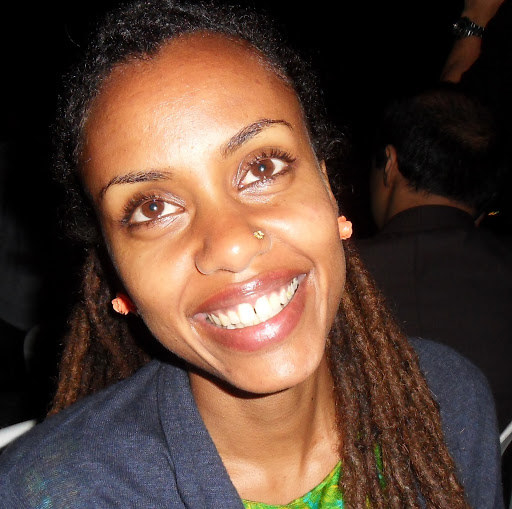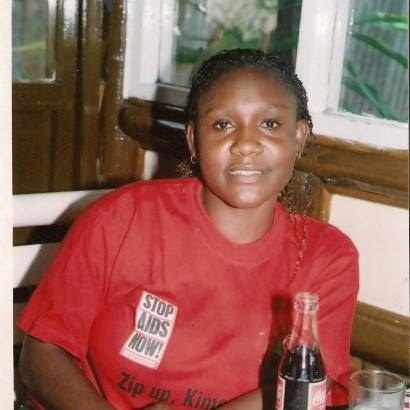[ad_1]

Nisrin Elamin
Nisrin Elamin recalls the palpable tension as officers told the several other refugees detained with her at John F. Kennedy Airport that they were going to be sent back home.
Elamin, a Stanford PhD student and legal US resident and green card holder from Sudan, was one of the several hundred people held in limbo after President Trump issued his first executive order temporarily banning travel from several Muslim-majority countries and halting the refugee program.
“I was let go but I was concerned about all these people who were being sent back to these dangerous places,” she said. “We need to keep reminding people that for many refugees this is life or death.”
It was this newfound mission to raise awareness about the plight of refugees that drove her to activism.
She and dozens of other activists are hosting a 24-hour event “city of refuge” rally outside the Trump Building on Wall Street to protest the president's attempts to block refugees, threaten sanctuary cities, and cut humanitarian aid.
African Communities Together (ACT)—an organization that advocates on behalf of and assists African immigrant communities—is spearheading the event.
“We are calling for an end to the refugee ban, the preservation of asylum and TPS (temporary protected status), and truly humanitarian immigration policy,” the organization said.
Elamin says Trump's proposed travel restrictions single out refugees and immigrants of color, adding that “the plight of black refugees in particular gets marginalized.”

Caroline Odada / Via Facebook
Caroline Odada, an asylum seeker from Kenya, agreed.
“We don’t feel we are considered American, even though we have really worked hard with a lot of integrity to gain what we have,” said Odada, an HIV, LGBT, and women's rights activist who was granted US asylum in 2014 after fleeing persecution.
Back at home in Nairobi, Odada advocated for women with HIV, fought against genital mutilation, and promoted LGBT rights. Her work was never popular, but after the country's bloody and contested 2007 election, she became a target. She said she was raped, her house repeatedly ransacked, and her children threatened.
“It became that I didn't know where I was going to be attacked and for why: my sexuality, my work, political reasons,” she said. “I didn't know where I was safe and how to be safe anywhere.”
About six years later she came to the US seeking asylum.
She hopes her two children, who she could not afford to take with her, will be joining her in April or May — if their resettlement requests are approved. Approximately 3,000 refugees are scheduled to be resettled in the US from camps in northern Kenya this year, according to the Guardian.
Trump has issued two executive orders, both currently blocked by US judges, aimed at temporarily banning travel from several Muslim-majority countries and blocking refugees. The orders sparked protests across the country and caused turmoil abroad as immigrants and refugees scrambled to get to the US.
Although the orders are temporarily blocked, Odada says what they represent is just as damaging.
“I didn't come to take anyone's job. I started from the lowest and I'm working just as hard and paying taxes,” she exclaimed. “He is afraid of immigrants and he is driving this country into fear.”

Anastasia Orolva
Anastasia Orolva, 28, fled Russia with her wife last November after enduring several years of hostile treatment. They are in the process of seeking asylum and worry that the US is adopting similar attitudes like the one they left behind. She is participating in the event because she says she finally has the right to stand up and do so.
“Vulnerable people are treated badly there and I can see people are scared here now,” she said. “In Russia we had no right to protest. Here you can change the situation. It feels good to have hope.”
ACT says their march and rally hopes to draw attention to the diverse backgrounds and stories of immigrants, refugees, and asylum seekers who have made America their home.
“We can make America great like he says he wants. We are part of the greatness,” Odada added. “Let him give us a chance.”
[ad_2]
